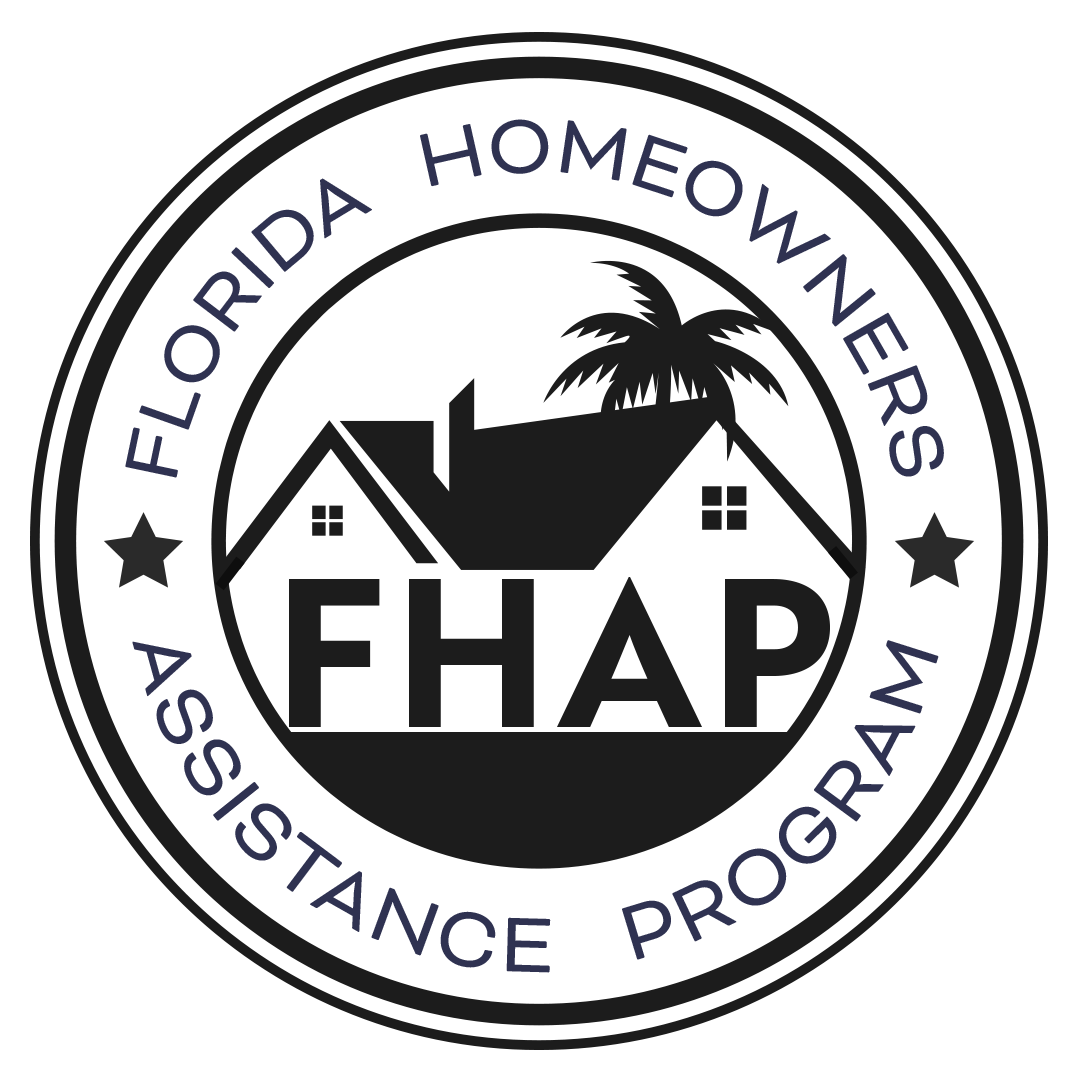Surplus
“Foreclosure Surplus Funds” are funds remaining in the court registry after payment of all monetary disbursements required by the final judgment of the foreclosure.
Example:
If you, the homeowner, owes $100,000 on your mortgage and your home was sold at a foreclosure sale for $250,000, our team at FHAP can help you recover $150,000 of surplus funds that was left over from the sale of the home.
Call our office at (850) 201-0734 so our team can help you find options through this process.

Foreclosure Surplus Funds
According to leg.state.fl.us, “45.032 Disbursement of Surplus funds after judicial sale details goes as follows:
(1) For purposes of ss. 45.031-45.035, the term:
(a) “Owner of record” means the person or persons who appear to be owners of the property that is the subject of the foreclosure proceeding on the date of the filing of the lis pendens. In determining an owner of record, a person need not perform a title search and examination but may rely on the plaintiff’s allegation of ownership in the complaint when determining the owner of record.
(b) “Subordinate lienholder” means the holder of a subordinate lien shown on the face of the pleadings as an encumbrance on the property. The lien held by the party filing the foreclosure lawsuit is not a subordinate lien. A subordinate lienholder includes, but is not limited to, a subordinate mortgage, judgment, tax warrant, assessment lien, or construction lien. However, the holder of a subordinate lien shall not be deemed a subordinate lienholder if the holder was paid in full from the proceeds of the sale.
(c) “Surplus funds” or “surplus” means the funds remaining after payment of all disbursements required by the final judgment of foreclosure and shown on the certificate of disbursements.
(2) There is established a rebuttable legal presumption that the owner of record on the date of the filing of a lis pendens is the person entitled to surplus funds after payment of subordinate lienholders who have timely filed a claim. A person claiming a legal right to the surplus as an assignee of the rights of the owner of record must prove to the court that such person is entitled to the funds. At any hearing regarding such entitlement, the court shall consider the factors set forth in s. 45.033 in determining whether an assignment is sufficient to overcome the presumption. It is the intent of the Legislature to abrogate the common law rule that surplus proceeds in a foreclosure case are the property of the owner of the property on the date of the foreclosure sale.
(3) During the period that the clerk holds the surplus pending a court order:
(a) If the owner of record claims the surplus before the date that the clerk reports it as unclaimed and there is no subordinate lienholder, the court shall order the clerk to deduct any applicable service charges from the surplus and pay the remainder to the owner of record. The clerk may establish a reasonable requirement that the owner of record prove his or her identity before receiving the disbursement. The clerk may assist an owner of record in making a claim. An owner of record may use the following form in making a claim.
(b) If any person other than the owner of record claims an interest in the proceeds prior to the date that the clerk reports the surplus as unclaimed or if the owner of record files a claim for the surplus but acknowledges that one or more other persons may be entitled to part or all of the surplus, the court shall set an evidentiary hearing to determine entitlement to the surplus. At the evidentiary hearing, an equity assignee has the burden of proving that he or she is entitled to some or all of the surplus funds. The court may grant summary judgment to a subordinate lienholder prior to or at the evidentiary hearing. The court shall consider the factors in s. 45.033 when hearing a claim that any person other than a subordinate lienholder or the owner of record is entitled to the surplus funds.
(c) One year after the sale, any surplus remaining with the clerk of the court that has not been disbursed as provided herein is presumed unclaimed as set forth in s. 717.113 and must be reported and remitted to the department in accordance with ss. 717.117 and 717.119, unless there is a pending court proceeding regarding entitlement to the surplus. At the conclusion of any court proceeding and any appeal regarding entitlement to the surplus, the clerk of the court shall report and remit the unclaimed property to the department if directed by a court order, to another entity if directed by the court order, or, if not directed by the court order, to the owner of record. For purposes of establishing entitlement to the surplus after the property has been remitted to the department, only the owner of record reported by the clerk of the court, or the beneficiary, as defined in s. 731.201, of a deceased owner of record reported by the clerk, is entitled to the surplus. A surplus of less than $10 escheats to the clerk.
(4) Proceedings regarding surplus funds in a foreclosure case do not in any manner affect or cloud the title of the purchaser at the foreclosure sale of the property.
History. —s. 2, ch. 2006-175; s. 1, ch. 2007-106; s. 3, ch. 2018-71.”.
“Online Sunshine.” The Florida Legislature, 1995-2020, http://www.leg.state.fl.us. Accessed 4, January 2020.
FHAP is here to help you navigate the foreclosure process. If you’re unclear on your next steps, don’t hesitate to reach out call us at (850) 201-0734 or fill out the form below and one of our qualified associates will contact you. Please be advised, the information provided on this webpage does not, and is not intended to, constitute legal advice; instead, all information, content, and materials available on this site are for general informational purposes only.
